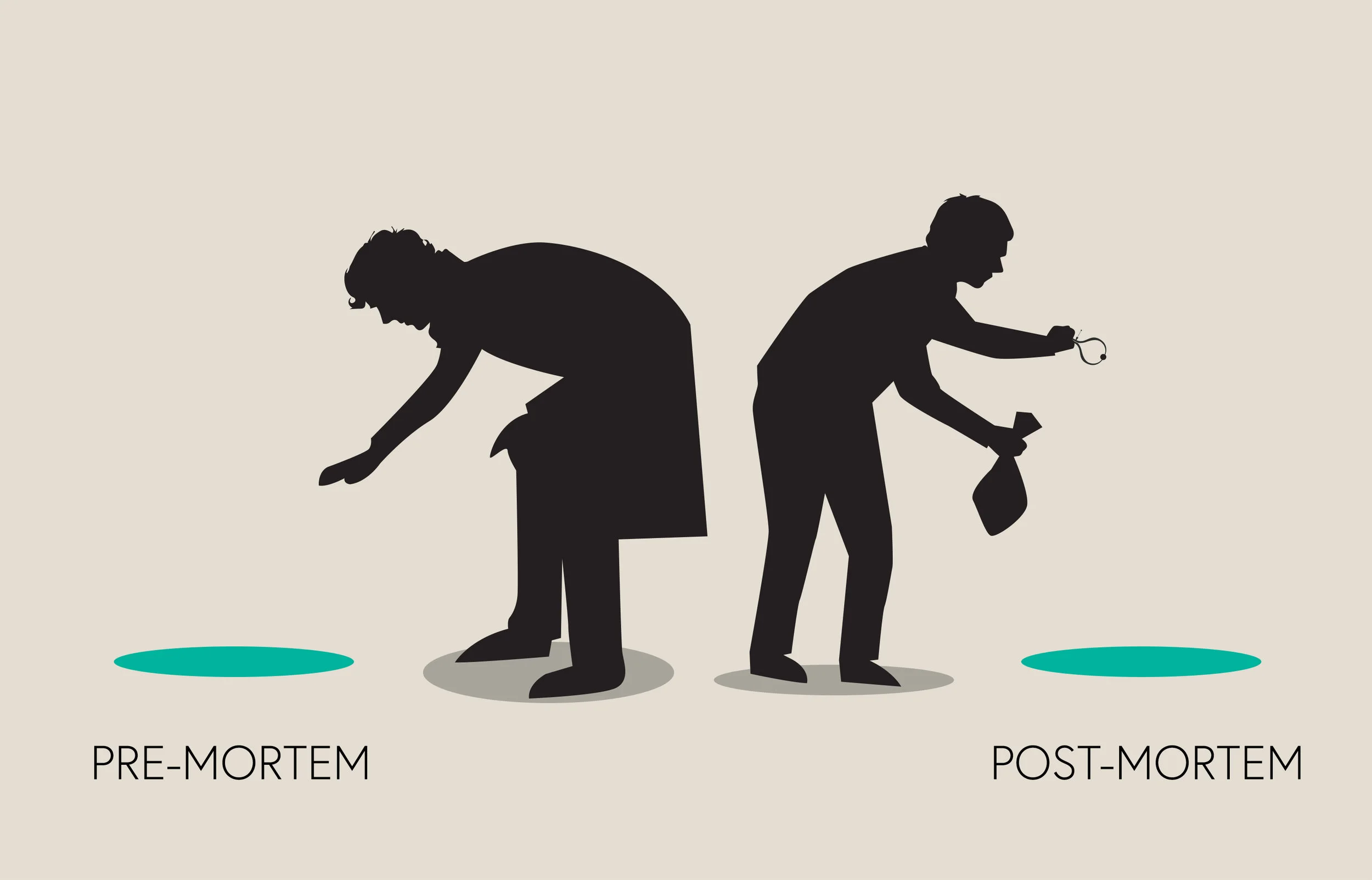The Einstellung effect
There is a lot of value in being an expert.
It’s why they get paid so well.
However, they’re not immune from making mistakes.
In some cases, their expertise can end up working against them.
This is because too much knowledge can be a bad thing when faced with unusual problems.
The temptation is to use a similar approach to what has worked in the past.
This tendency of problem solvers to make use of only familiar methods when others are available is known as the Einstellung effect.
Einstellung literally means "setting" or "attitude" when referring to a person’s character in German.
So how can you avoid falling into the trap?
The first thing is to be aware of it. The second is to do something completely different and unrelated.
Take some time away from the problem. When you return to the issue you may find you’ve found an alternative solution.
One example of circumventing this effect was the design of a baby incubator for developing countries.
There, many babies die from hypothermia due to a lack of consistent heat sources.
The conventional logic for solving this problem would be to send normal baby incubators.
However, they’re both expensive and hard to maintain. Most of them break after a few years and then can’t be fixed due to a lack of local expertise.
One company, Design That Matters, was able to look beyond the obvious solution to this problem and created the Neonurture incubator.
It was designed using easily available car parts so it could be maintained cheaply.
A related concept is something known as ‘functional fixedness’.
This is another form of cognitive bias whereby you can only envisage an object being used for the purpose it was originally designed.
The man who coined the term, Karl Duncker, defined it as being a "mental block against using an object in a new way that is required to solve a problem”.
Here are some fun examples of people overcoming it.
Want to learn more about how to become an expert problem solver?
Try our ‘Think Like Sherlock’ course co-created with a Scotland Yard detective with 30 years of problem solving experience.





